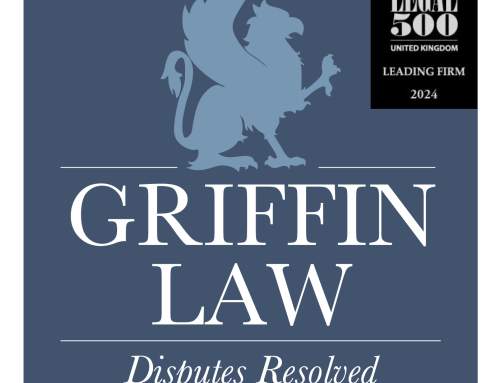As addressed in Part I of this series of articles we note that being a charity trustee and managing a trust is not the simple job it appears at first glance. In fact, there are numerous pitfalls, snares and requirements that a trustee must be aware of when actioning their duties. Here we look at the concept of ‘public benefit’.
A trustee of a charity has numerous duties. These include:
- Duty to promote charitable purposes (covered in Part I)
- Duty to act in the best interests of the charity
- Duty to act collectively
- Duty of prudence
- Duty of undivided loyalty
- Duty of public benefit
Notwithstanding a charitable trustee’s duty to their charity, a trustee also has a duty to ensure that the charity is being operated for the public benefit, as explored below.
Duty of Public Benefit
A general duty is for charity trustees to ensure their charity exists as a benefit for the public. This means that the charity must uphold a purpose that is of benefit to the public at large, and that those who benefit from the purpose must be easily identifiable and constitute a section of the public, for example, a cancer-support charity. It is a key requirement for any charity to be registered as such by the Charity Commission.

However, the duty of public benefit does not end when a charity is registered as such, and the charitable trustees have a duty to ensure that the charity continues to provide public benefit. There are a variety of requirements depending on the nature of the charity, but there are two universal requirements.
First, the trustees must have regard to the Commission’s public benefit guidance when exercising any powers or duties to which it is relevant. In practice, this means that the trustees should be able to demonstrate they are aware of the guidance, they have taken that guidance into account when making a decision, and should the trustees chose to depart from the guidance, documenting their good reasons for that decision.
The second requirement is that they must report on the public benefit, something which must be done in a charity’s annual report. The reporting requirements vary depending upon the size of a charity; charities of a gross income over £1 million most provide a more extensive report. Other than these official requirements, there are no rules concerning how trustees report on the public benefit; it is for the trustees to decide what they include in their annual report.
If the Commission find that the trustees have failed to ensure the charity acts for the public benefit, consequences can ensue. In practice, the Commission will aim to assist trustees in fulfilling their duties, most commonly by helping the trustees to alter the charitable purpose should the current purpose be no longer seen to be to the public benefit.
If this is not possible the charity will be removed from the register. It is also conceivable that should the trustees be found to act outside the charity’s purpose, potential tax liabilities for the charity may result.
Griffin Law is a dispute resolution firm comprising innovative, proactive, tenacious and commercially-minded lawyers. We pride ourselves on our close client relationships, which are uniquely enhanced by our transparent fee guarantee and a commitment to share the risks of litigation. If you have any specific questions regarding a dispute, please email justice@griffin.law or call 01732 52 59 23.
GRIFFIN LAW – TRANSPARENT FEES. TENACIOUS LAWYERS. TRUSTED PARTNERS.
Nothing in this document constitutes any form of legal advice upon which any person can place any form of reliance of any kind whatsoever. We expressly disclaim, and you hereby irrevocably agree to waive, all or any liability of any kind whatsoever, whether in contract, tort or otherwise, to you or any other person who may read or otherwise come to learn of anything covered or referred to in this document. In the event that you wish to take any action in connection with the subject matter of this document, you should obtain legal advice before doing so.
© Griffin Law Limited, 2021. All rights reserved.





